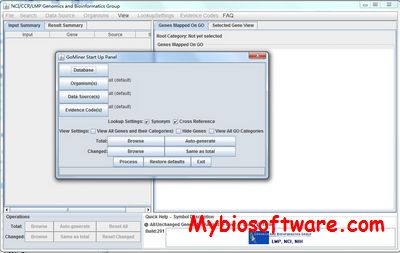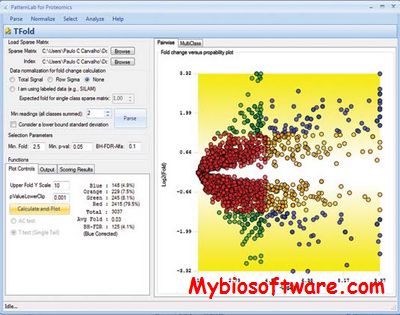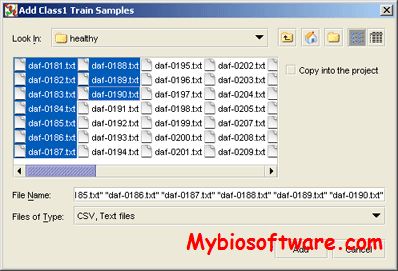myProMS 3.9.3
:: DESCRIPTION
myProMS is a comprehensive bioinformatics environment (database and web server) for management of Mass Spectrometry (MS) protein identification data generated by database-search engines such as Mascot or Sequest. Multiple functionalities are available to mine, validate and interpret the data from both MS and biological point of views. In particular, biological interpretation of the results is facilitated through the use of sophisticated data comparison modules, annotation enrichments and links to external resources. myProMS was designed to optimize data access and sharing during collaboration between users with complementary expertises; typically MS experts and biologists.
::DEVELOPER
Institut Curie, Bioinformatics Core Facility
:: SCREENSHOTS
N/A
:: REQUIREMENTS
:: DOWNLOAD
:: MORE INFORMATION
Citation
Poullet P, Carpentier S, Barillot E.
myProMS, a web server for management and validation of mass spectrometry-based proteomic data.
Proteomics. 2007, 7 (15):2553-6.



